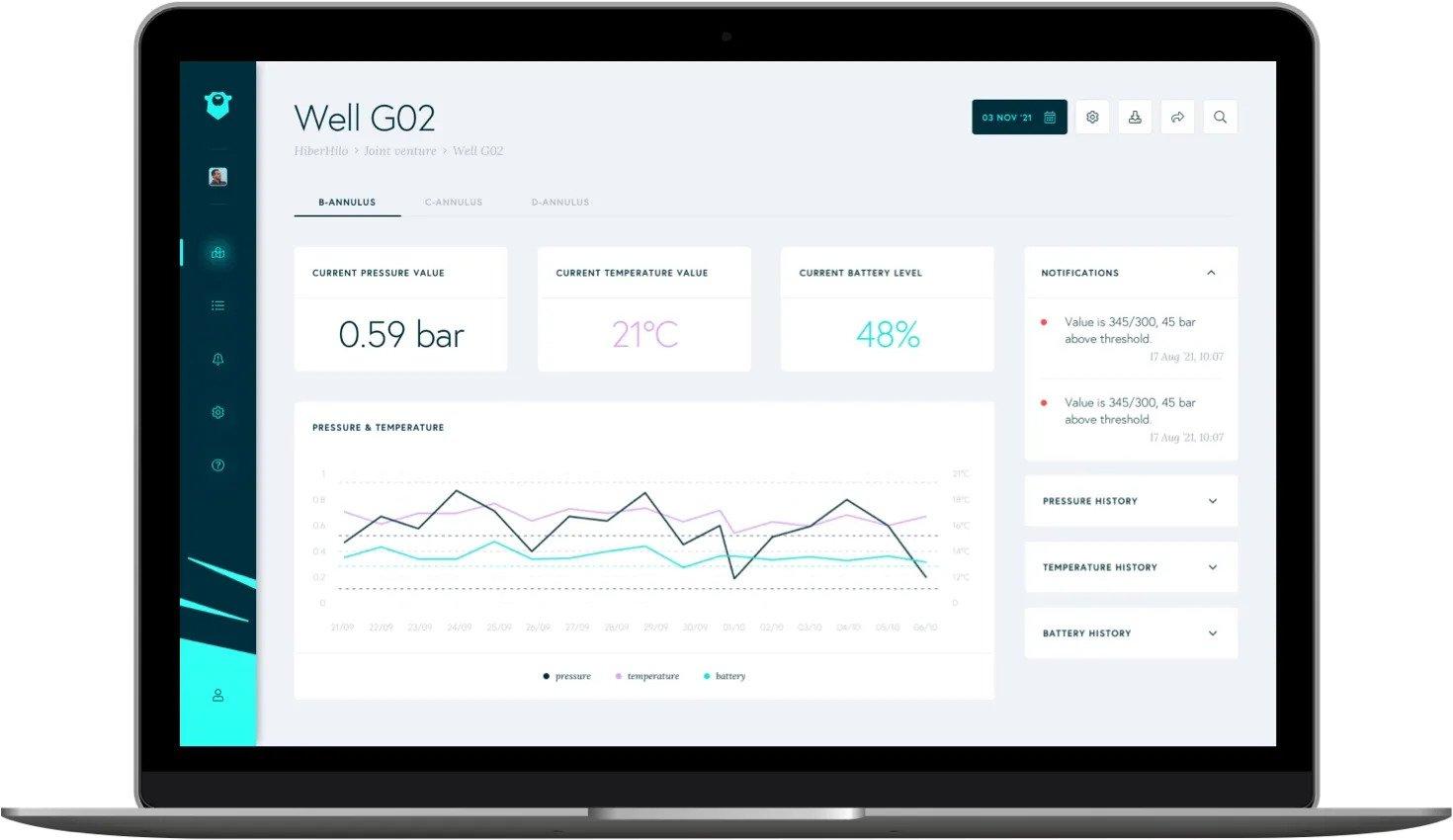
Nigerian independent oil and gas company Niger Delta Petroleum Resources (NDPR) has selected Hiber’s HiberHilo satellite-powered remote well-monitoring technology to deliver real-time production data from wells scattered across the oil-rich Niger Delta region.
NDPR is a subsidiary of Niger Delta Exploration & Production, a publicly owned company established as an investment vehicle for Nigerians to participate in the country’s foremost income generator, the oil and gas sector.
In one of the first applications of this technology in Nigeria, the deal signed with Hiber will see NDPR install the HiberHilo solution on several onshore wells. The technology is designed to digitise well monitoring using low-cost, low-power satellite connectivity to gather and deliver performance and safety data from wells in remote, off-grid locations.
HiberHilo will enable NDPR to take a data-driven, digital-first approach to remote well monitoring, providing insights to optimize well performance, reduce exposure of operations personnel, and lower operational costs.
“We are delighted to partner with Niger Delta Petroleum Resources to bring the latest well-monitoring technology to Nigeria and help improve the efficiency and safety of their field activities,” said Hiber CEO Roel Jansen. “HiberHilo’s ability to deliver operational insights 24/7, reliably and at a low cost from wells located anywhere in the world, is making data-driven well-monitoring accessible and affordable—and with a compelling ROI.
“Oil producers that implement HiberHilo are leading the way when it comes to innovation and can expect to see a 10x return on their investment in terms of cost savings.”
Until now, NDPR regularly sent several crews to manually monitor wells dispersed across a wide area, however travelling to these remote wellheads in a hazardous region exposed the technical team to various safety and security risks. On top of this, repeat monitoring trips increased the company’s operational costs.
With the integration of HiberHilo, production at NDPR’s wells can be halted by a safety override system that would force a shutdown if an issue such as a pressure build-up or a leak was detected. While engineers may have been aware of an issue, the absence of timely delivery of well performance can impair the identification of a suspect well. Without accurate and prompt notifications, wells could experience lengthy periods of downtime and a resulting fall in productivity and loss of revenue.
With HiberHilo in place, data from several connected wells is now transmitted to a central dashboard for data collection and analysis so that well production can be closely monitored.
According to NDPR, Hiber’s HiberHilo well-monitoring solution delivers three key benefits. First, the ease of installation and low cost of the technology, combined with the elimination of costs and exposures associated with manual data gathering from wells in remote locations, reduces the overall operational cost of its well monitoring activities.
The company also claims HiberHilo improves the efficiency of its production by using accurate and timely data from wells to boost productivity. Engineers will now be able to see what’s happening with specific wells so they can quickly identify wells where set safety parameters have forced a shutdown. This insight will enable them to take prompt action to mitigate costly production downtime.
Additionally, replacing manual data gathering with digital insights eliminates the need for frequent journeys for operations staff, reducing crew stress and fatigue.
“We chose HiberHilo to reduce our operational costs and crew safety by minimising site commutes, improve our early detection of well safety issues, and increase production uptime,” said Dr. Ebenezer Ageh, chief technical officer at Niger Delta Exploration & Production. “We are keen to implement the HiberHilo solution and begin to see its benefits.”






















